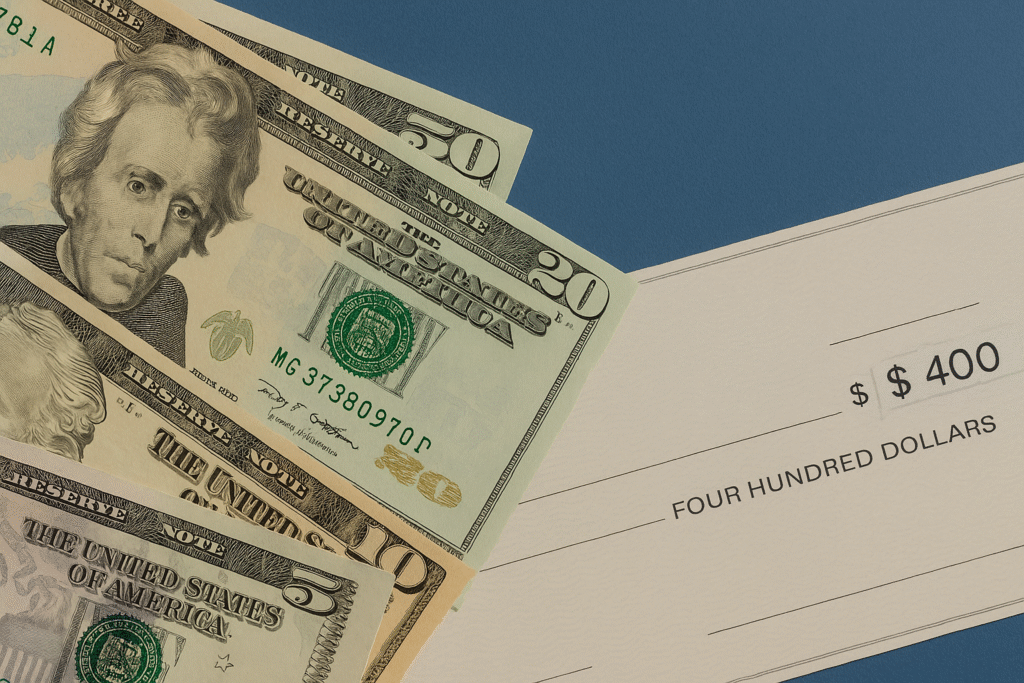The State of New York has begun issuing inflation compensation payments as part of its economic relief strategy to address the ongoing rise in living costs. Eligible taxpayers will receive checks of up to $400, with no application required.
Automatic Payments
The Department of Taxation and Finance confirmed that distribution is being carried out automatically, based on information from 2023 state tax returns. Payments will either be directly deposited into bank accounts or sent by mail, depending on the method used for prior refunds. Officials expect the majority of payments to be delivered within the next several weeks.
Supporting Families Amid Rising Costs
State officials noted that the initiative is intended to provide immediate relief to households facing higher prices for essential goods and services such as food, housing, and transportation. By targeting families most affected by inflation, the program aims to ease financial strain at a time when everyday expenses continue to climb.
“Inflation has touched every household in New York. These payments are designed to give working families and individuals some financial breathing space,” a state spokesperson said.
Eligibility Criteria
Qualification for the payments is determined from 2023 tax filings, with priority given to low- and middle-income households. The final amount depends on several factors, including income bracket, family size, and credits claimed on last year’s return.
Part of a Larger Relief Package
The compensation checks are only one element of New York’s broader relief measures. Additional programs include property tax rebates, targeted assistance for seniors, and supplemental support for working families — all aimed at mitigating inflation’s impact on vulnerable groups.
Economic Impact
Although state leaders acknowledge the payments will not fully resolve the challenges posed by inflation, they emphasize that the funds provide timely support. For many households, the additional cash comes at a critical point, helping to cover rising day-to-day expenses.
“This initiative is about more than money,” said one official. “It reflects the state’s commitment to protecting residents from the harshest effects of the economic climate.”



